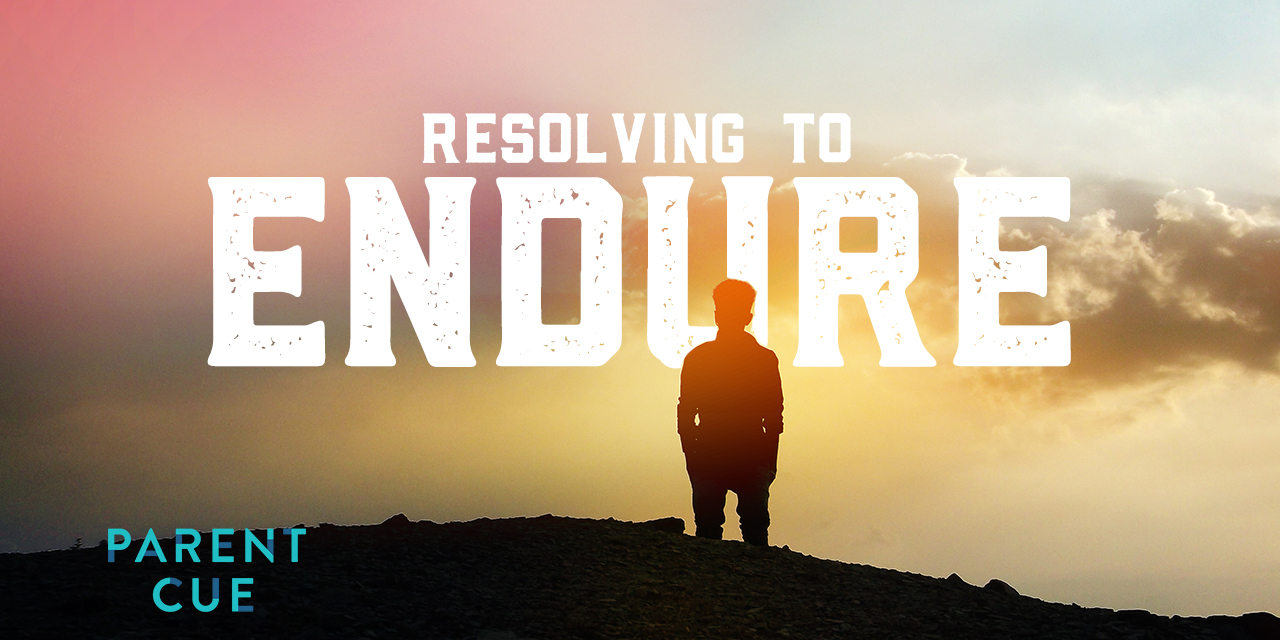
I remember taking a personality profile for work shortly after I started into my first full-time job.
It told me what I already suspected: When it comes to working on a task or spending time with people, I’ll almost always choose the task. I actually do value relationships, but I default toward task.
That’s not a bad thing. Work gets done. Life stays on track. And organizations and causes advance when people focus on tasks.
What I didn’t realize at the time was how much my bias toward tasks over people would impact my family life. Sure, all you relationship people could see that coming a mile away, but us task people kind of miss that stuff.
It was a bit of a surprise to me that what can get you ahead at work can easily help you fall behind at home.
While being a task-oriented person has it’s advantages, it really impacts the kind of spouse you will be and the kind of parent you will be.
It gets particularly challenging if, like me, you have a wife and kids who (thankfully) see the deep value in relationship.
I’ve gotten better at managing this tension over the years. But it only happened because I realized the limits of what task-orientation brought to my world at home.
So, what do task people struggle with at home? It may be different for each of us, but here are five tension points I’ve struggled with as a dad and husband:
I saw people as interruptions rather than priorities. That’s difficult to say out loud, but it’s true. I think it’s just a default wiring task people have to overcome. It gets particularly bad when those relationships are your wife and kids.
I tended to see my family as projects rather than people. Trust me, that was never my goal. But it was a by-product of my style. I know that I was tempted to want my kids to achieve—to have top grades, keep their rooms clean, never get into trouble. All of those are decent goals, but task people can miss the nuances in relationships and end up treating their kids (and spouses) as projects, not people. This, by the way, is the gateway into conditional love and conditional acceptance. You don’t want to go there.
I misunderstood days off. Days off were just opportunities to do new projects right? Apparently not. If I went with my default, I would have missed some of the richest times I could spend with my family.
I thought everyone spoke my love language. If you want to make me smile, give me words of affirmation and acts of service. So, I just thought the rest of the world ran off of the same fuel. Try marrying someone whose love language is quality time. And having a couple of kids who value that too. I had to learn that all the words of affirmation and acts of service I sent their way would never mean the same thing as unstructured, quality time.
I found it hard to focus. My mind races. So, when I let my default style go unchecked, I found it almost impossible to be “in the moment.” I was always thinking about what had to get done next, a big project I was working on, or what had to get fixed.
In the next post, I’ll share some steps I took to help combat the tension a task orientation creates.
But in the meantime, which of these points resonate with you? What other areas do you struggle with?
And for those of you who are relationship people, what bothers you most about those of us with a task orientation?



